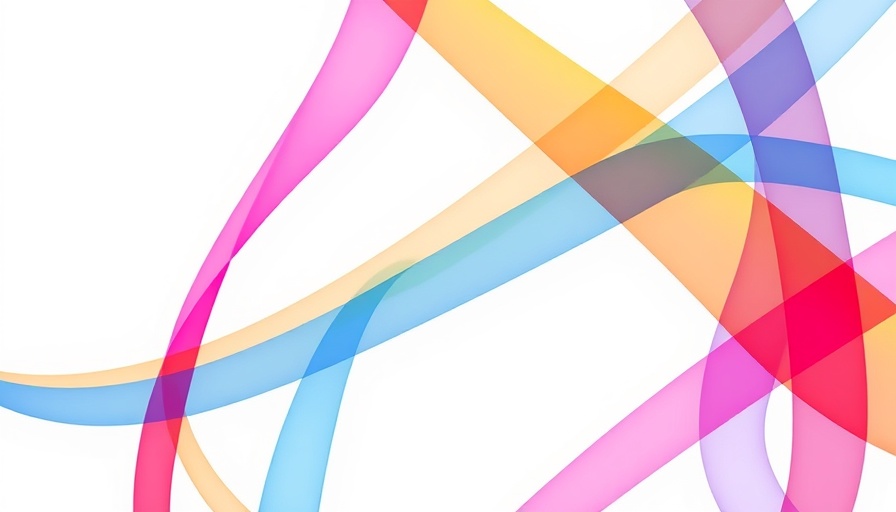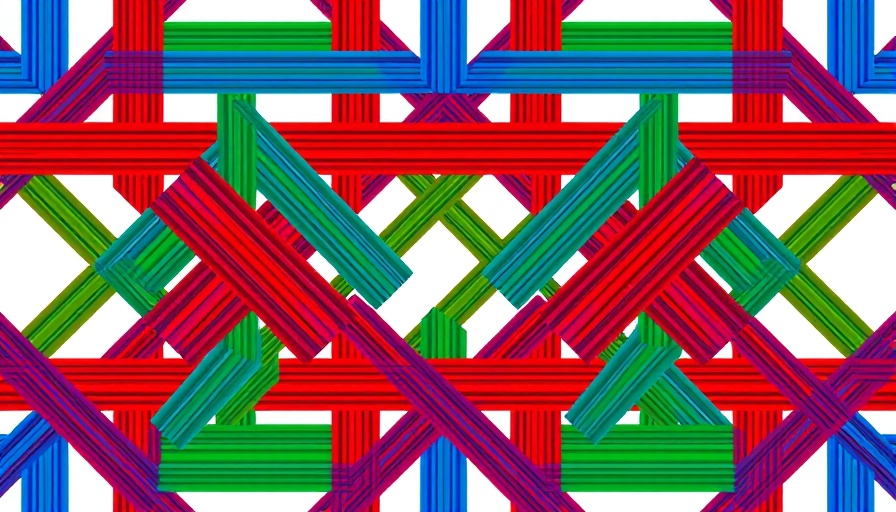
Rwanda's Liberation: A Day of Reflection and Progress
The 3rd of July marks a significant day in Rwanda's history: Liberation Day. As Rwandans commemorate 31 years since the end of the 1994 Genocide against the Tutsi, this occasion transcends mere celebrations, symbolizing a continuous journey toward freedom, equality, and opportunity. Many citizens describe liberation not as a historic milestone but as an integral part of their daily lives.
Voices of Change: Empowerment Through Leadership
Among those reflecting on the changes, Ndangiza Madina, a key figure in women's rights advocacy, explains how liberation has resulted in transformative shifts in governance and women's empowerment. "Liberation has cultivated an environment where women's rights are no longer seen as privileges but as fundamental human rights," she remarks. Underpinned by constitutional reforms, women now enjoy the legal backing to occupy at least 30% of decision-making roles in the country. Institutions dedicated to promoting gender equality have sprouted, laying a foundation for sustainable progress.
Healthcare Transformation: Building Robust Systems
Philbert Muhire, Director General of Ruhengeri Referral Hospital, underscores the health sector's rejuvenation since liberation. "Previously, healthcare services were practically nonexistent; today we have community health workers equipped to provide essential care," he reflects. This evolution highlights the essence of liberation in fostering a health system that is not only inclusive but also sustainable, ultimately benefiting Rwandans from all walks of life.
Inclusion and Dignity: The New Equality
The liberation narrative also extends to marginalized communities. Nicodeme Hakizimana, an advocate for persons with disabilities, emphasizes that this new chapter has birthed opportunities for all Rwandans, including those with disabilities. "Liberation means everyone, regardless of their ability, can access opportunities and participate in society," he asserts, reflecting a broader movement toward inclusivity in Rwanda. This reclamation of dignity and equal opportunity aligns with the nation's commitment to social justice.
Looking Ahead: Rwanda's Path to Sustainable Growth
As Rwanda reflects on its progress, the emphasis on sustaining these developments extends beyond Liberation Day. The commitment to fostering gender equality, enhancing healthcare systems, and including marginalized communities indicates not only a successful past but a promising future. For policymakers and business leaders, this growth narrative represents both an opportunity for investment and a blueprint for governance that prioritizes human rights and equitable development.
A Call to Action: Building on Liberation
As we celebrate Liberation Day, it’s an opportunity for all stakeholders, especially business leaders and investors, to engage with Rwanda’s evolving landscape. Reflecting on the meaningful strides taken towards empowerment and growth, let us contribute to building a sustainable future that includes every Rwandan in the economic fabric of the country. Your involvement can stimulate change and foster new opportunities for collaboration.
 Add Row
Add Row  Add
Add 


 Add Row
Add Row  Add
Add 

Write A Comment